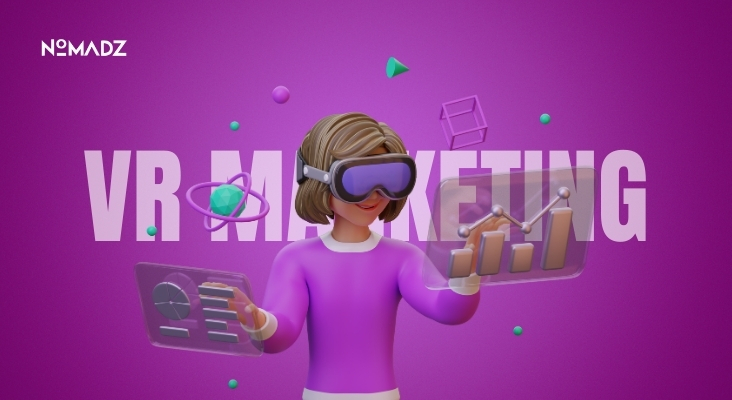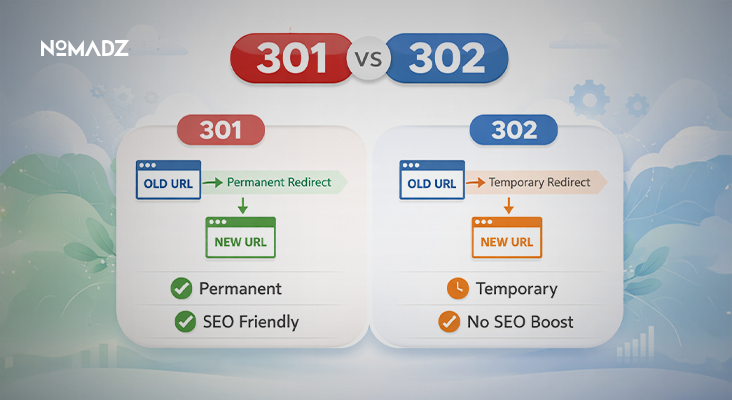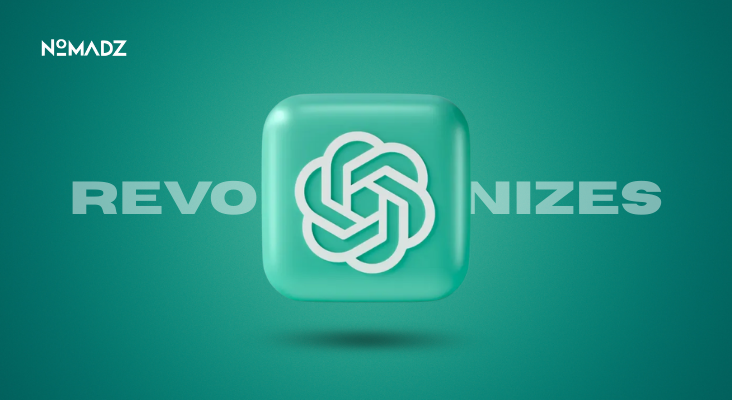Top 7 Creative Ideas for VR Marketing Agency
Technology is making marketing more fun and exciting! One big change is using virtual reality in marketing to create amazing customer experiences. Virtual Reality in marketing helps brands use this technology to stand out. Let’s explore 7 creative ideas that show how virtual reality can make advertising more engaging and fun!
Creative Ideas for VR Marketing Agency
Businesses advertise virtual reality to give customers exciting and engaging experiences. An agency for virtual reality in marketing can assist companies in building virtual showrooms, product demonstrations, interactive stories, and ads. These are tools that make marketing more exciting and interactive. Customers can view products realistically and interactively.
This helps companies leave a lasting impression on customers. These sophisticated techniques provide companies with new and innovative ways of reaching customers. They make advertising more exciting and interactive. At the same time, they also improve the overall effectiveness of marketing campaigns.
Virtual Showrooms
A VR marketing agency can build virtual showrooms through which customers can browse products at home. Rather than viewing pictures, they can walk through an online store, touch products, and view details close-up. This makes shopping more enjoyable and exciting!
Businesses can utilize this technology to present devices, clothes, furniture, and even cars in a 3D virtual setting. Buyers can adjust the size, hue, and style to see what appears most pleasing.
Why It Works:
- Customers can see products in 3D before buying.
- Brands save money by reducing the need for big physical stores.
- Virtual reality in marketing makes online shopping feel like an in-store experience.
- Shoppers can explore products anytime, anywhere, making it more convenient.
VR Product Demos
Brands can hire a VR marketing agency to provide customers with a firsthand product experience. A VR demo allows individuals to try gadgets, practice furniture arrangements, or try out clothes from home comfort! It is particularly handy for tech brands, beauty care companies, and automakers that must display products interactively.
Customers can even get instructions on the step-by-step usage of a product before purchasing.
Why It Works:
- Customers get a real feel of the product.
- It builds trust and increases sales.
- Virtual reality in marketing makes shopping easier by lowering the amount of product returns.
- Customers feel more secure about their purchases.
Immersive Storytelling
Businesses can use virtual reality to tell stories that customers can experience in marketing. People could become engaged in the story and follow the brand’s journey rather than just watching an advertisement. This adds fascination and emotion to ads, and it works well for travel, film, and introducing new products.
Why It Works:
- Makes advertising more engaging and memorable.
- Customers connect emotionally with the brand.
- It boosts brand loyalty and trust.
Virtual Reality Events
Brands can hold virtual reality events with the assistance of a VR marketing agency. Companies can use the digital world to invite clients to fashion displays, concerts, and product debuts. This is fantastic for businesses wishing to reach a worldwide audience without requiring a physical location.
Why It Works:
- People from all over the world can attend.
- Brands can create fun, interactive spaces for engagement.
- It makes events more exciting and memorable.
Interactive Ads
By combining virtual reality and advertising, companies can infuse entertainment and fun value into regular commercials. Consumers can engage with a character, discover a virtual environment, or experience a game associated with the product rather than viewing a commercial, making commercials more interactive and engaging.
People love experiencing new things, so they are most likely to remember and believe a brand. Utilizing virtual reality and advertising keeps companies unique and engaged while maintaining consumers’ interest.
Why It Works:
- Ads become fun instead of boring.
- Customers stay engaged longer.
- It increases brand awareness and sales.
- Interactive ads make customers more likely to try and buy products.
VR Training Programs
Virtual reality is often used in marketing to train staff members or clients. Manufacturers use it to instruct customers on safe driving practices, and restaurants use it to train employees in customer service. Virtual reality provides practical training for retail, medicine, and aviation.
Why It Works:
- Makes learning fun and easy.
- Helps employees and customers practice skills in a safe space.
- Reduces the need for expensive training sessions.
Travel and Real Estate Tours
Travel agencies and real estate firms can use virtual reality to promote their clients by providing virtual tours. People can explore residences, lodging facilities, and vacation destinations in a lifelike 3D environment rather than just using photographs. They can examine the room sizes, perspectives, and arrangements without leaving their houses.
Investors, tourists, and purchasers who want to investigate options without traveling will find this especially helpful. Using virtual reality in marketing can help provide a better booking experience and also help hotels and travel firms attract more clients.
Why It Works:
- Saves time and travel costs for customers.
- Customers get a realistic view before booking or buying.
- Helps people feel more confident in their choices.
- Enables companies to present properties and destinations more effectively.
Conclusion: Virtual Reality is the Future of Marketing!
Businesses use the virtual reality market to draw clients, increase revenue, and create memorable experiences. Contact Gurugram’s leading digital marketing firm, Nomadz Digital and Innovation, to learn more about virtual reality in marketing! Brands can reach people innovatively through virtual showrooms, interactive ads, and immersive narratives.
FAQs
What is virtual reality in marketing?
VR technology constructs interactive experiences to enable brands to interact with customers.
In what ways can a VR marketing agency assist companies?
A VR marketing agency produces virtual experiences such as showrooms, advertisements, and events to market brands.
Why is advertising and virtual reality a good combination?
It makes ads more interesting by enabling customers to interact with products and experiences.
In what ways does the virtual reality market assist brands?
It makes brands more engaging, drives sales, and makes marketing more immersive.
How can businesses best utilize virtual reality marketing?
Businesses can start collaborating with a VR marketing agency to design compelling experiences.









Leave feedback about this